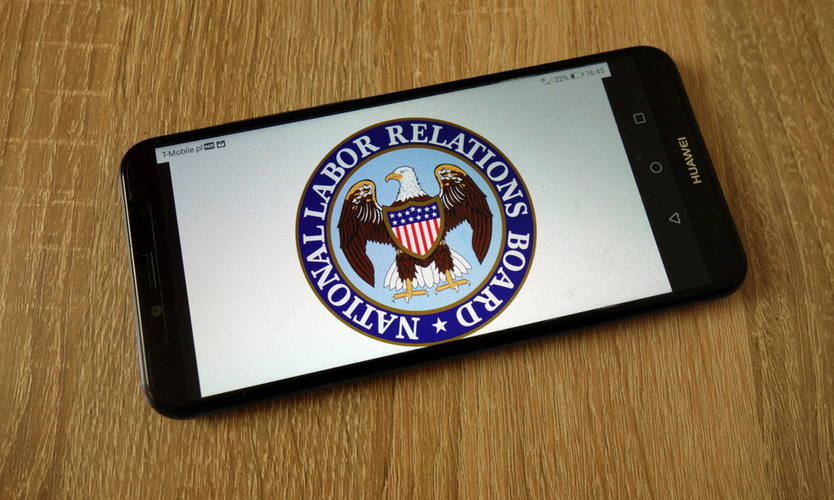Chamber sues NLRB over joint employer rule
- July 1, 2025
- Posted by: Web workers
- Category: Finance

The U.S. Chamber of Commerce and other business groups sued the National Labor Relations Board in federal district court in Texas on Thursday, seeking rescission of the new joint employer rule the agency issued last month.
“The rule is as destabilizing as it is unlawful,” says the lawsuit, Chamber of Commerce of the United States of America et al. v. National Labor Relations Board, et al., which was filed in U.S. District Court in Tyler.
The final rule says that under the National Labor Relations Act, two or more entities may be considered joint employers of a group of employees if each entity has an employment relationship with the employees, and if the entities share, or codetermine, one or more of the employees’ “essential terms and conditions of employment.” These are defined as issues such as wages and hours of work and scheduling.
It replaces the 2020 rule approved during the Trump administration, which introduced a balancing test that relaxed an Obama administration rule as to who should be considered a joint employer.
The Biden administration rescinded the Trump administration rule, effective in September 2021, and proposed its own version in September 2022.
Thursday’s lawsuit charges that the rule “displaces widely accepted common-law standards governing the scope of employment relationships, establishes entirely new tests of employer liability, reconfigures relationships among legally separate entities, erases distinctions between contracts and employers, and threatens billions of dollars in liability and costs.”
Glenn Spencer, senior vice president of the Chamber’s employment policy division, said in a statement the rule “is the latest in a string of actions to promote unionization at all costs, even when harmful to workers, employers and our economy.”
The lawsuit seeks to declare the latest rule unlawful and set aside the board’s recission of the 2020 rule and promulgation of the new rule; declare its promulgation is arbitrary and capricious; enjoin the NLRB from enforcing the new rule; and award plaintiffs costs and reasonable attorney’s fees.
The NLRB had no comment.



